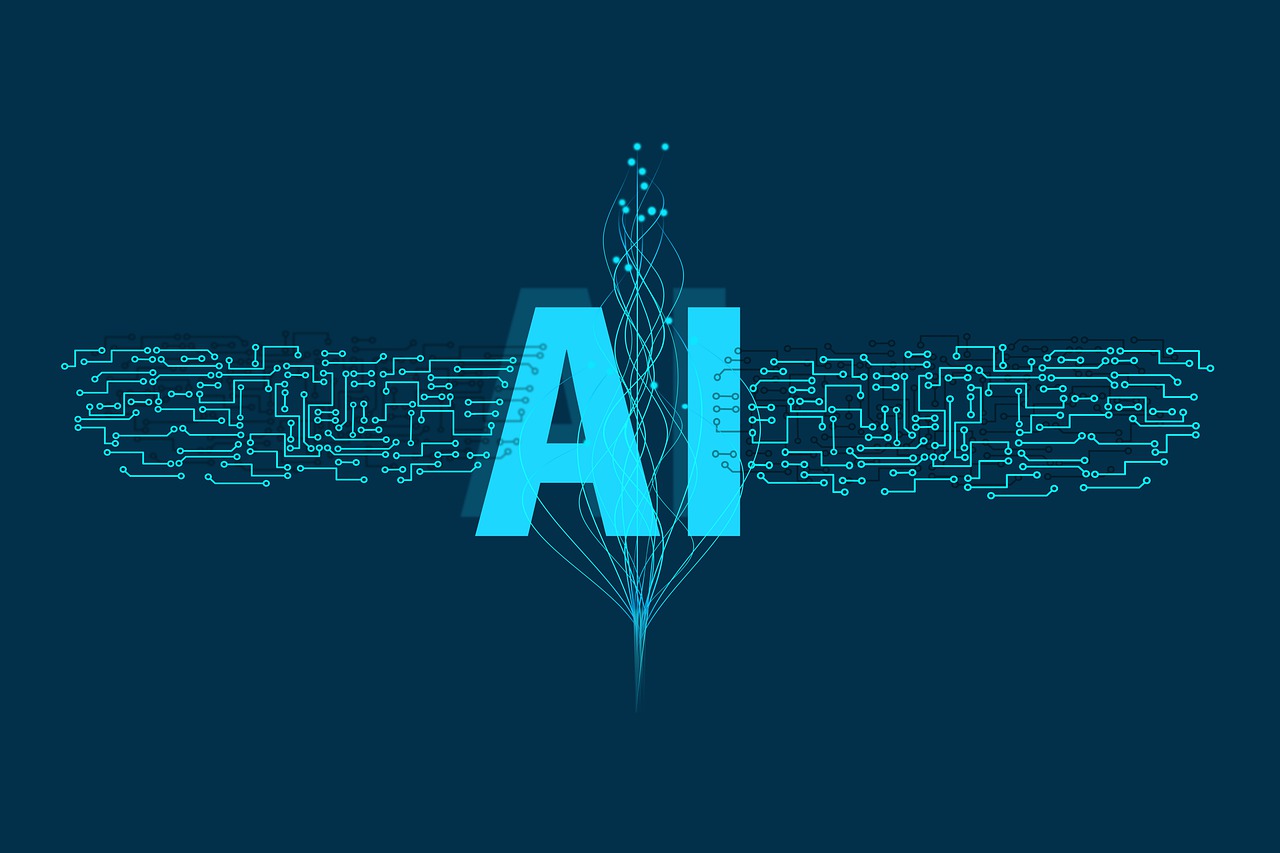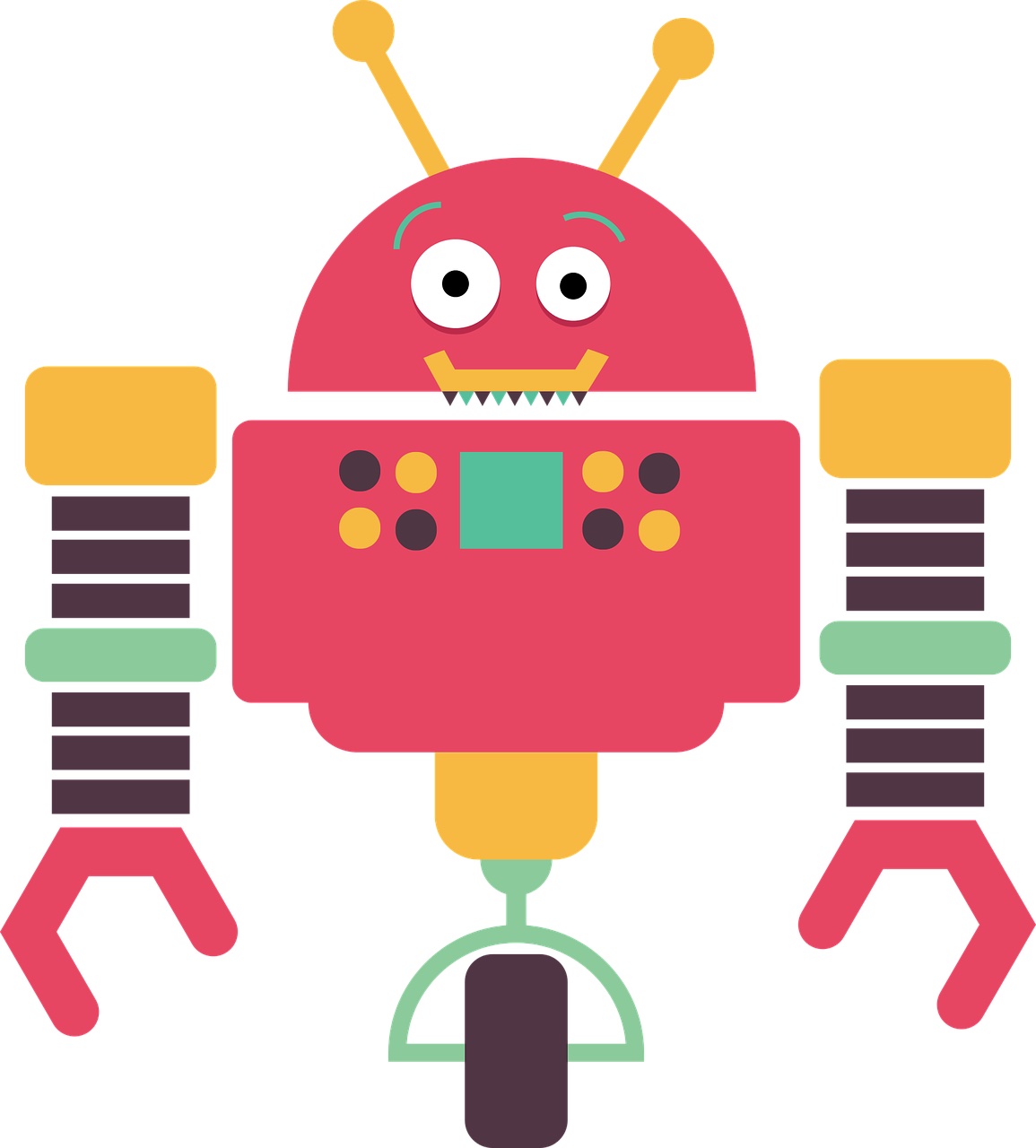
Flashback to 2018 and 2019, and you can read some of my posts about the RSNA’s latest and greatest artificial intelligence products. So, what percentage of those products has your hospital or imaging center incorporated into their workflow? For us, I can tell you that number is exceedingly low. And, I am willing to bet that most of you have a similar story. So, I figured it would be fun to go through some of the promises that silicon valley has made over the past several years versus what has come to fruition in daily practice. Let’s go over their overpromises and underdelivering. It would be fun to do this every few years to check up on the progression of AI technology in Radiology!
Reading Mammo With Half The Amount of Readers
Ironically, if you have seen any decrease in the number of breast studies coming to your institution, it has far less to do with artificial intelligence. Instead, it is probably related to Covid! Nevertheless, most of the work has returned. And, I don’t know of any institutions that are using artificial intelligence to replace the initial screening reads for mammograms. (as enticing as that sounds!) Most places have the hebeejeebees for ethically, legally, and financially replacing a mammo reader with a computer!
Workflow Will Be Seamlessly Integrated
I was hoping this one would have taken place by now. But to no avail. Yes, we will be getting another EHR/RIS system to replace the one that we have right now. But rumor has it that, although better, it is nowhere near seamless. I am still waiting for the day that I pull up a case, and my computer instantly opens up a case, the appropriate priors, the relevant labs, a brief pertinent history, an internet blurb on the disease entity, and the patient’s most recent surgeries without having to click a button. I believe the day will come. But, I’m not sure it will be there during my working lifetime!
Radiologist Will Have No Role In Reading Bone Ages
This concept makes a lot of sense. AI should read cases with a low likelihood of lawsuits and unlikely dire outcomes. What better study for artificial intelligence to read than a bone age? It certainly meets those criteria. Furthermore, we analyze and match up features of hands with features similar to standard cases. This process should be easy peasy chicken squeezy. (Maybe in my dreams!) Well, I am still waiting for my institution to incorporate this incredible technology!
Dictation Will Be Entirely Automated Into Standard Reports
If I had a dime for every time a company would say, your reports would be so much easier without our technology; I would be a veritable gazillionaire. Of course, they will standardize everything. And, with one button click, the clinician will be able to localize your disease pathology on a film. Where is this technology? Certainly not at our institution. (And, probably not at yours either!)
CAD Artificial Intelligence Products For Mammography Will Work Well Much Better!
Maybe, CAD detection has improved. But, I do not notice it one bit at the institutions I work. For me, it seems like the same old random placement of circles and stars to match supposed masses and calcifications. Rarely (if ever) has it noticeably helped me. And it does not seem to have changed much. Heck, but what do I know?
Artificial Intelligence Products Will Help With Diagnosis On Chest X-Rays
I saw some tremendous potential technologies at the RSNA to help make multiple diagnoses on chest films. It would issue a probability here and there for different disease entities. Well, I have not heard a whisper of this program coming to our institution any time soon. And, I have a sneaking suspicion, you will not see at yours either.
Improved Triage
Finally, I have heard of computer programs that will pre-search for life-altering diagnoses such as intracranial bleeds so that it will draw your attention to these cases first. I would love a program like that, and the technology should not be too advanced. But, I am still waiting and waiting and waiting and waiting…
Still Waiting For These Great Artificial Intelligence Products!
So, where does all of this leave now? I would have to say right back where we started. We have not seen that much yet except for some behind-the-scenes CT and PET-CT image improvement. Let’s do another checkup every once in a while. I have a feeling, though, these products will take a lot longer than anyone initially expected!








